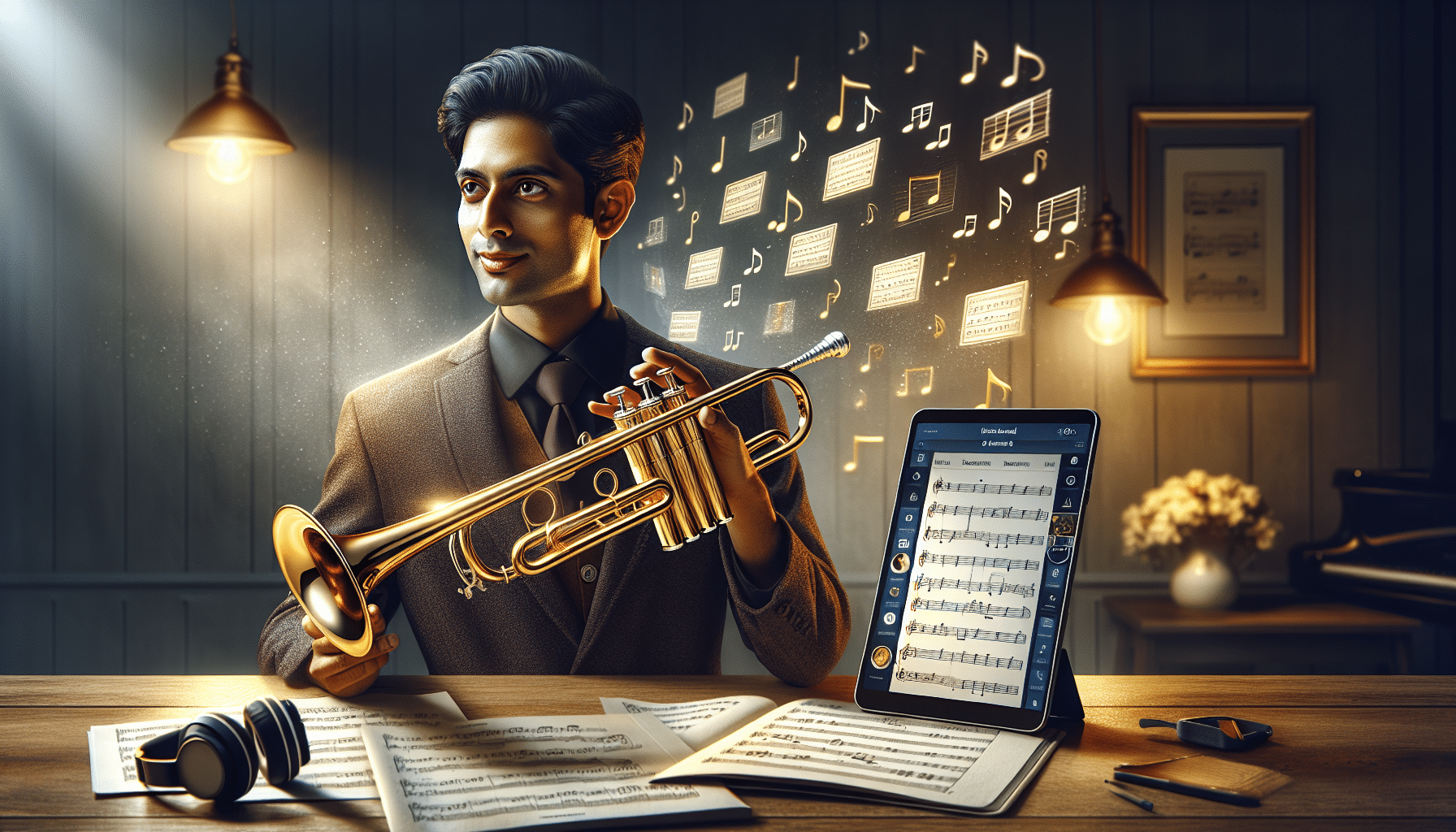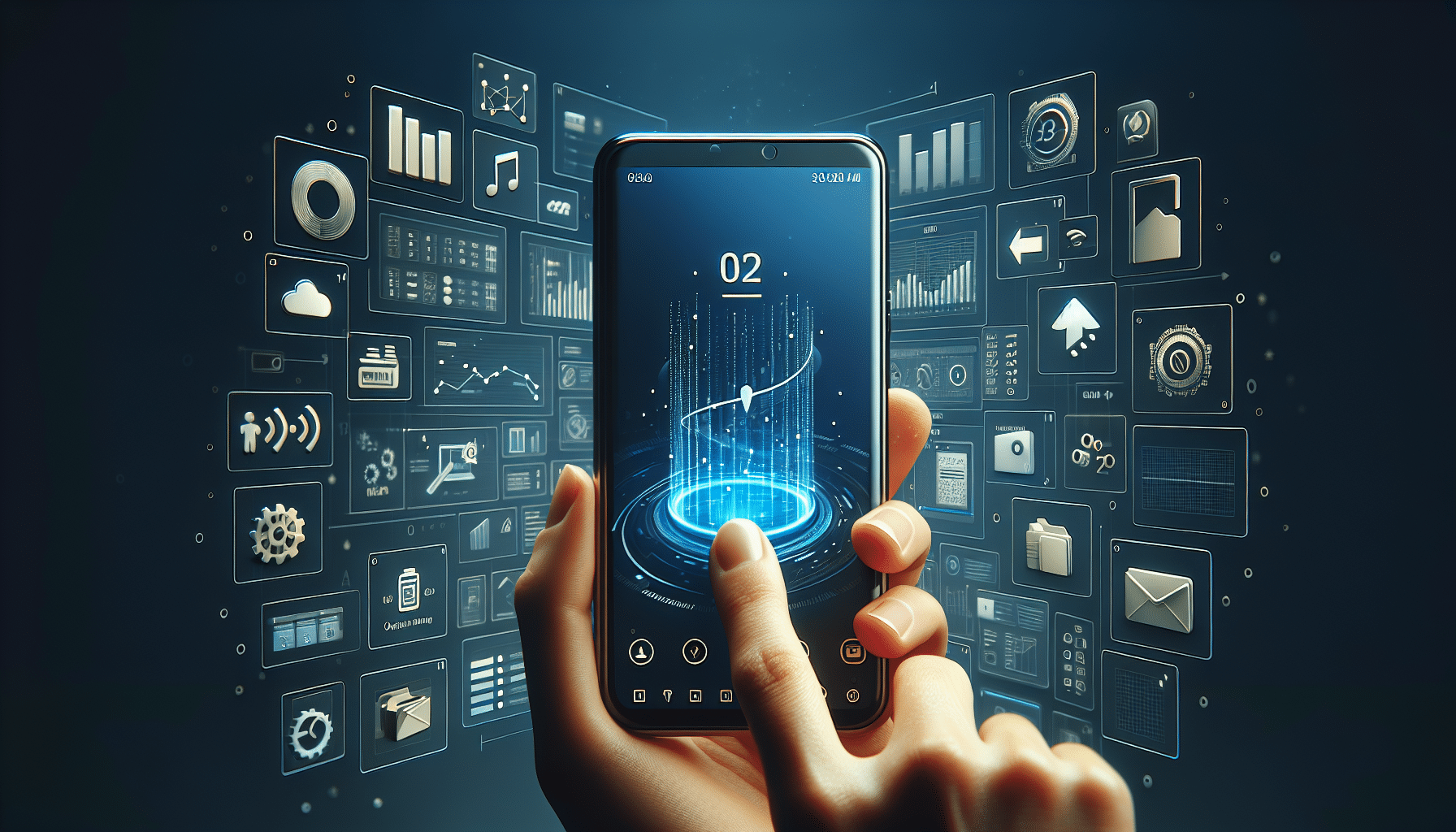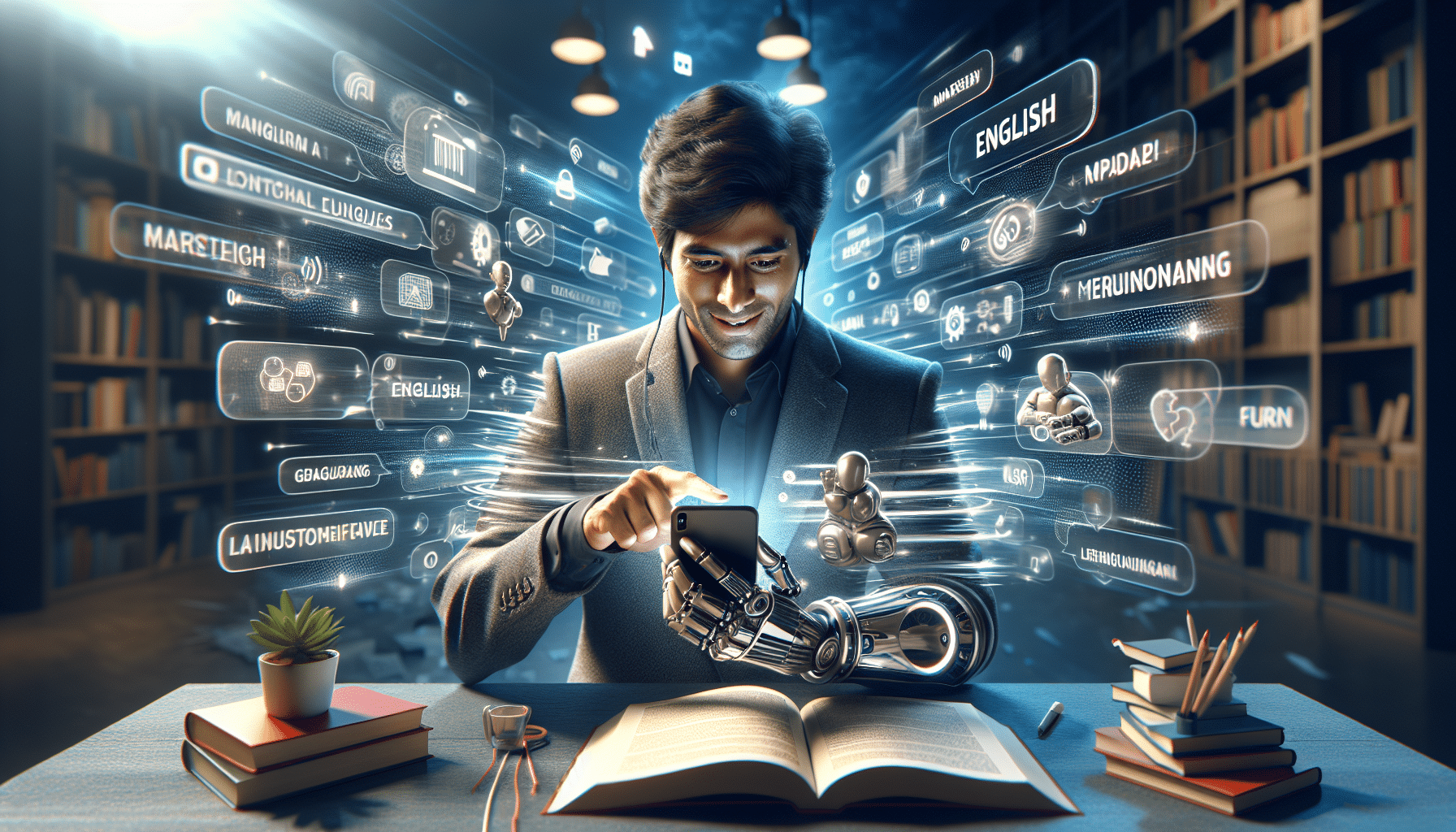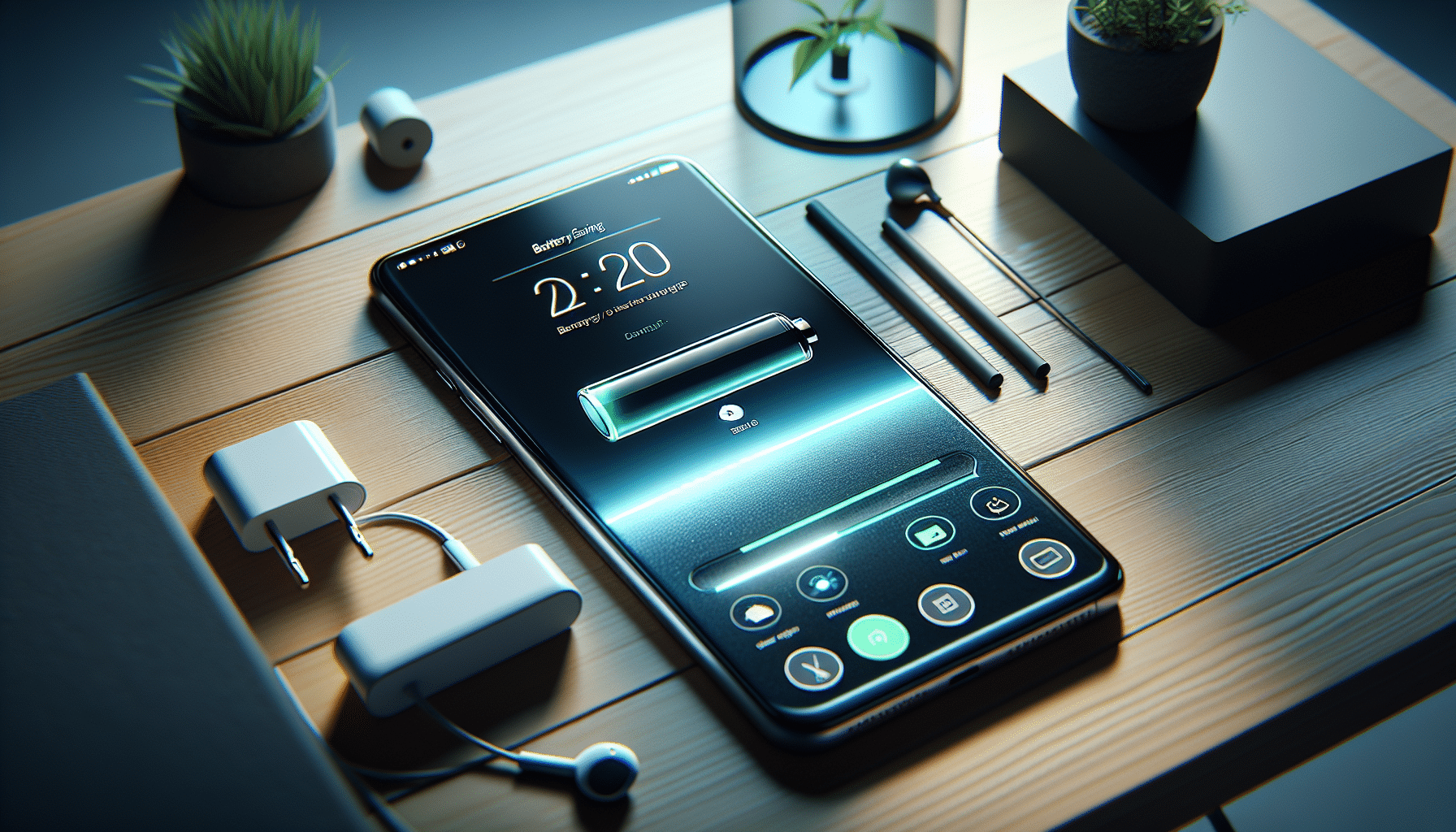Advertisements
In a world of constant technological evolution, artificial intelligence applications are becoming essential tools for transforming our daily lives.
From automating simple tasks to improving complex processes, these innovative applications are designed to simplify and streamline your daily work efficiently.
Advertisements
Can you imagine being able to delegate your most tedious tasks to artificial intelligence while you focus on what really matters? This is just the beginning of what AI can offer.
You'll explore the latest trends in artificial intelligence applications that are revolutionizing the way we work, communicate, and live.
From personal assistants that organize your schedule and remind you of your appointments to tools that analyze large volumes of data in seconds, artificial intelligence is becoming integrated into our routines in ways that once seemed like something out of a science fiction movie.
Advertisements
These apps not only save time, but also increase productivity and improve quality of life.
Furthermore, the accessibility of these technologies allows anyone, regardless of their technical expertise, to benefit from them.
See also:
- Maximize your cell phone's performance
- Master judo with the mobile app
- Recover your memories with ease
- Daily Destination: Know your future!
- Master the guitar in record time!
In this tour, you'll discover how to choose the right apps for your specific needs and how to implement them effectively to get the most out of them.
The era of artificial intelligence isn't a dream of the future; it's a reality of the present, within your grasp. Get ready to revolutionize your life and simplify your daily tasks with the most innovative tools on the market.
AI Applications for Personal Productivity
First, artificial intelligence has transformed the landscape of personal productivity in ways that previously seemed impossible.
Apps like Todoist and Notion are prime examples of how technology can help organize and simplify daily tasks.
Todoist, for example, uses AI algorithms to prioritize tasks based on your habits and preferences, ensuring you're always focused on what's most important.
On the other hand, Notion offers a multifunctional platform that integrates notes, databases, and project management in one place, all enhanced by AI to suggest connections and optimize workflows.
Furthermore, these apps not only facilitate time management but also improve efficiency. By automating reminders and enabling better planning, users can focus on more complex tasks without worrying about minor details.
In short, AI applications for productivity not only increase efficiency but also reduce the stress associated with time and task management.
AI in Creativity and Design
Equally important, artificial intelligence applications are revolutionizing the fields of creativity and design.
Tools like Canva and Adobe Spark have integrated AI capabilities that allow even those with little design experience to create stunning visual content.
Canva, for example, uses AI to suggest templates and designs based on your previous preferences and current trends, making it easy to create engaging graphics in minutes.
Adobe Spark, on the other hand, enables rapid creation of videos and web pages, using AI to intuitively edit and enhance content.
In addition, these design tools not only make the creative process more accessible, but also significantly speed up production time.
The ability to quickly generate ideas and visuals is crucial in a world where visual content dominates social media and marketing strategies.
AI applications for design not only democratize creativity, but also empower individuals and small businesses to compete in a visually centric marketplace.
AI for Health and Wellbeing
In the health and wellness space, artificial intelligence applications have begun to play a crucial role. MyFitnessPal and Headspace are examples of apps that use AI to improve physical and mental well-being.
MyFitnessPal offers nutrition and exercise tracking, using AI to analyze eating patterns and suggest personalized improvements. Meanwhile, Headspace uses AI techniques to personalize meditation sessions, helping users achieve their mental wellness goals more effectively.
Furthermore, these apps promote a proactive approach to health, encouraging users to be more mindful of their daily habits.
By integrating artificial intelligence, they provide valuable insights that would be difficult to obtain otherwise. Therefore, AI applications in the health and wellness field not only improve quality of life but also promote a more informed and conscious approach to self-care.
AI-Powered Education and Learning
Finally, education and learning have been profoundly impacted by artificial intelligence applications.
Apps like Duolingo and Khan Academy have incorporated AI to personalize the learning experience for each user.
Duolingo, for example, uses AI to adjust the difficulty level of lessons based on the user's progress and weaknesses, ensuring an effective and engaging learning experience.
Khan Academy, for its part, uses AI algorithms to recommend content and exercises that align with each student's specific needs.
Therefore, these apps not only provide access to high-quality educational resources, but also promote self-directed and adaptive learning.
AI's ability to analyze data and adapt educational content means students can learn at their own pace, thus optimizing their learning potential.
In short, AI applications in education are transforming the way we acquire knowledge, making learning more accessible, personalized, and effective.
- Todoist: AI-powered task management
- Notion: Multifunctional productivity platform
- Canva: Intuitive graphic design
- Adobe Spark: Rapid Visual Content Creation
- MyFitnessPal: Nutrition and Exercise Tracking
- Headspace: Personalized Meditation
- Duolingo: Adaptive Language Learning
- Khan Academy: Personalized Education

Conclusion
In conclusion, artificial intelligence applications have revolutionized multiple aspects of our daily lives, transforming complex tasks into simpler and more efficient processes.
From personal productivity to creativity, well-being, and education, these innovative tools have proven to be essential allies.
For example, in the area of productivity, apps like Todoist and Notion allow for more effective time and task management, thanks to their AI algorithms that prioritize and organize based on our specific needs and habits.
Furthermore, in the field of design and creativity, tools like Canva and Adobe Spark democratize access to graphic design and visual content creation, making these processes more accessible and faster.
These applications allow individuals and small businesses to compete effectively in an environment dominated by visual content.
On the other hand, in terms of health and wellness, MyFitnessPal and Headspace use artificial intelligence to offer personalized experiences that promote a healthier and more conscious lifestyle.
Likewise, in the educational field, platforms like Duolingo and Khan Academy are transforming learning, making it more accessible and adaptive.
Ultimately, these artificial intelligence applications not only optimize our daily routines, but also empower us to live more consciously and efficiently.
As these technologies continue to evolve, it's clear that they will continue to play a crucial role in simplifying and improving our daily lives.
Therefore, adopting these innovations is not only beneficial, but essential to effectively navigate an ever-changing world.




